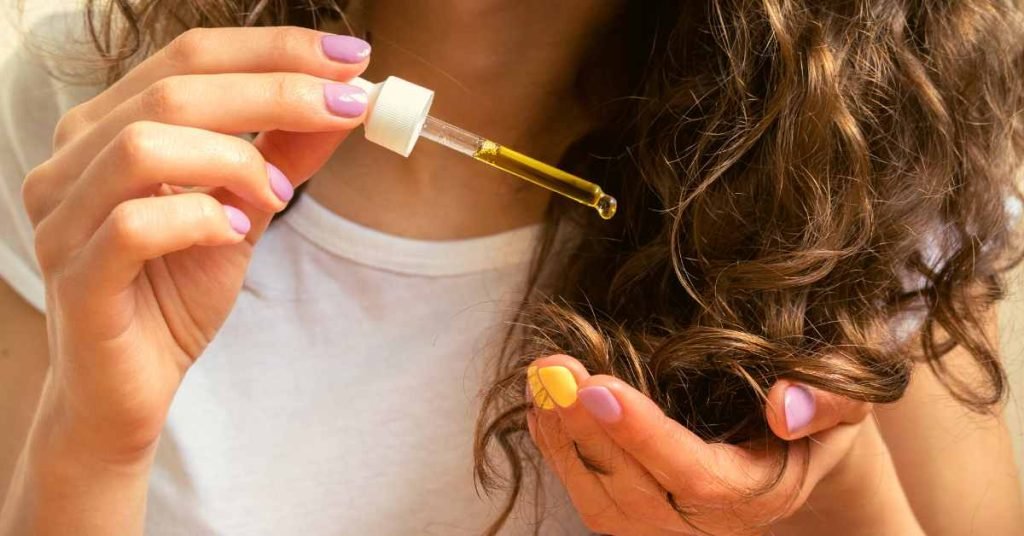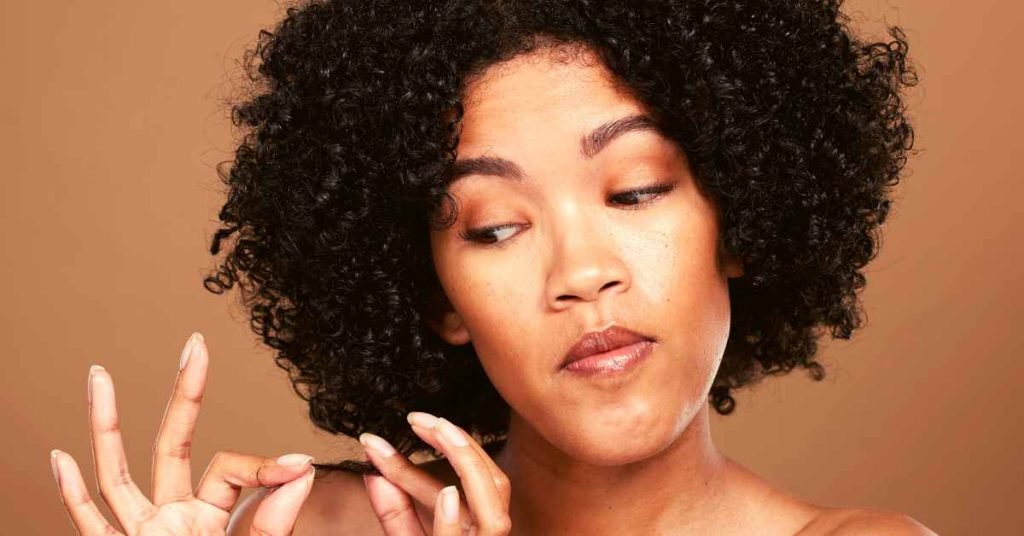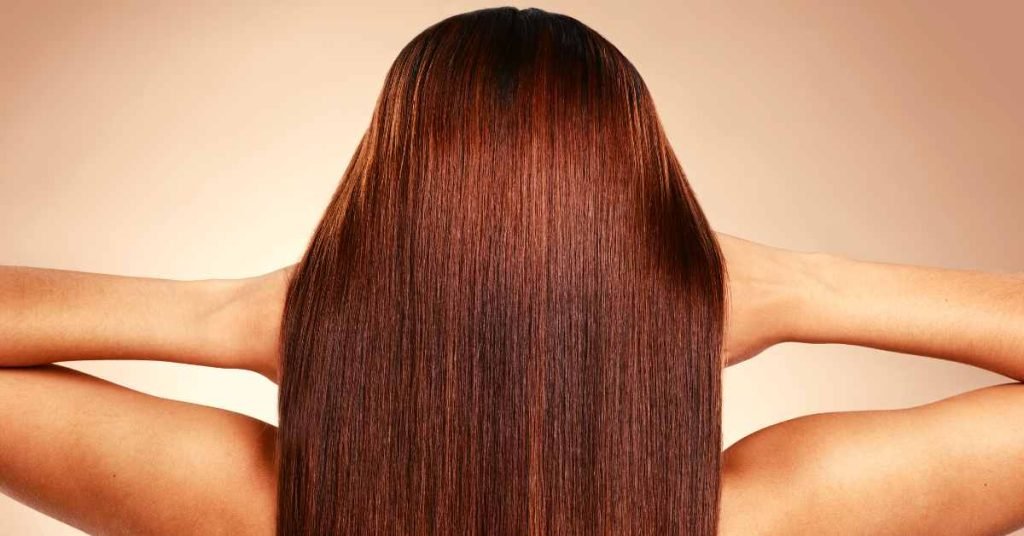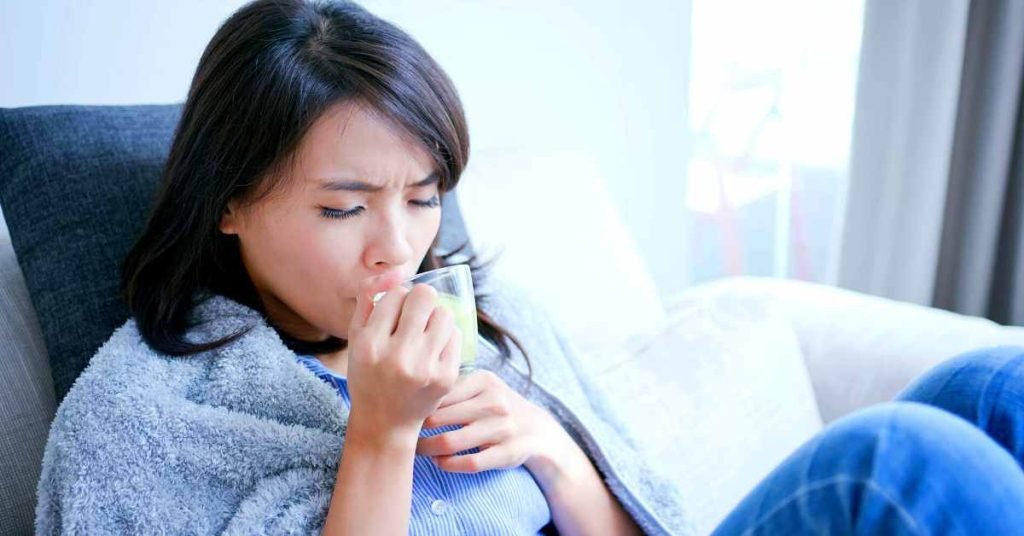Hair pigmentation is a fascinating aspect of human biology, responsible for the diverse spectrum of hair colors seen across different individuals.
While genetics play a pivotal role in determining hair color, various external factors, including diet and lifestyle choices, can influence the vibrancy and health of our hair.
In recent years, herbal teas have gained popularity not only for their potential health benefits but also for their purported impact on hair pigmentation.
In this article, we delve into the intricate relationship between herbal teas and hair pigmentation to explore whether these natural infusions can contribute to maintaining or altering the color of our locks.
Understanding Hair Pigmentation

Before we explore the influence of herbal teas on hair pigmentation, it’s essential to understand the basics of how hair gets its color.
Hair color is primarily determined by two types of melanin: eumelanin, responsible for black and brown shades, and pheomelanin, responsible for red and yellow shades.
The ratio and combination of these pigments in the hair shaft create the myriad of colors we observe.
Factors Influencing Hair Color
Genetics is the primary factor influencing hair color, as specific genes inherited from our parents dictate the production and distribution of melanin in the hair follicles.
However, environmental factors, lifestyle choices, and nutritional habits can also impact the health and vibrancy of our hair, potentially influencing how the existing pigments manifest.
The Role of Herbal Teas
Herbal teas, made from a variety of plant materials, have been consumed for centuries for their potential health benefits.
While scientific research on the direct correlation between herbal teas and hair pigmentation is limited, certain herbal infusions contain compounds that could theoretically influence hair health and color.
Antioxidants and Free Radicals

Many herbal teas are rich in antioxidants, which help neutralize free radicals in the body.
Free radicals can damage hair follicles and contribute to premature graying.
Teas such as green tea, chamomile, and rooibos are known for their antioxidant content, potentially aiding in maintaining the health of hair follicles.
Anti-Inflammatory Properties
Chronic inflammation can negatively impact hair health, potentially affecting pigmentation. Some herbal teas, including ginger and turmeric, possess anti-inflammatory properties that may contribute to a healthy scalp environment.
Nutrient Content
Certain herbal teas are rich in vitamins and minerals essential for overall health, including that of the hair.
DHT Reduction
Dihydrotestosterone (DHT) is a hormone linked to hair loss and graying. Saw palmetto tea is believed by some to inhibit the production of DHT, potentially influencing hair health and pigmentation.
Circulation Improvement
Adequate blood flow to the scalp is crucial for delivering nutrients to the hair follicles. Herbal teas with circulation-promoting properties, such as peppermint and ginkgo biloba, may indirectly support hair health.
Final Word

While the scientific evidence on the direct impact of herbal teas on hair pigmentation is not extensive, the potential benefits of certain teas on overall hair health cannot be ignored.
The antioxidant, anti-inflammatory, and nutrient-rich properties of herbal infusions may contribute to maintaining vibrant and healthy hair.
However, it’s important to approach these claims with a degree of skepticism and consult with healthcare professionals for personalized advice.
Incorporating a variety of herbal teas into your diet may offer a holistic approach to promoting overall well-being, potentially reflecting positively on the health and appearance of your hair.
Ultimately, while herbal teas may not be a magical solution to reverse graying or alter hair color dramatically, they can be a flavorful and enjoyable addition to a well-rounded lifestyle that prioritizes health from the inside out.
MEDICAL DISCLAIMER
Itsnevernotteatime.com cannot and does not contain medical/health advice. The medical/health information is provided for general and educational purposes only and is not a substitute for professional advice.




